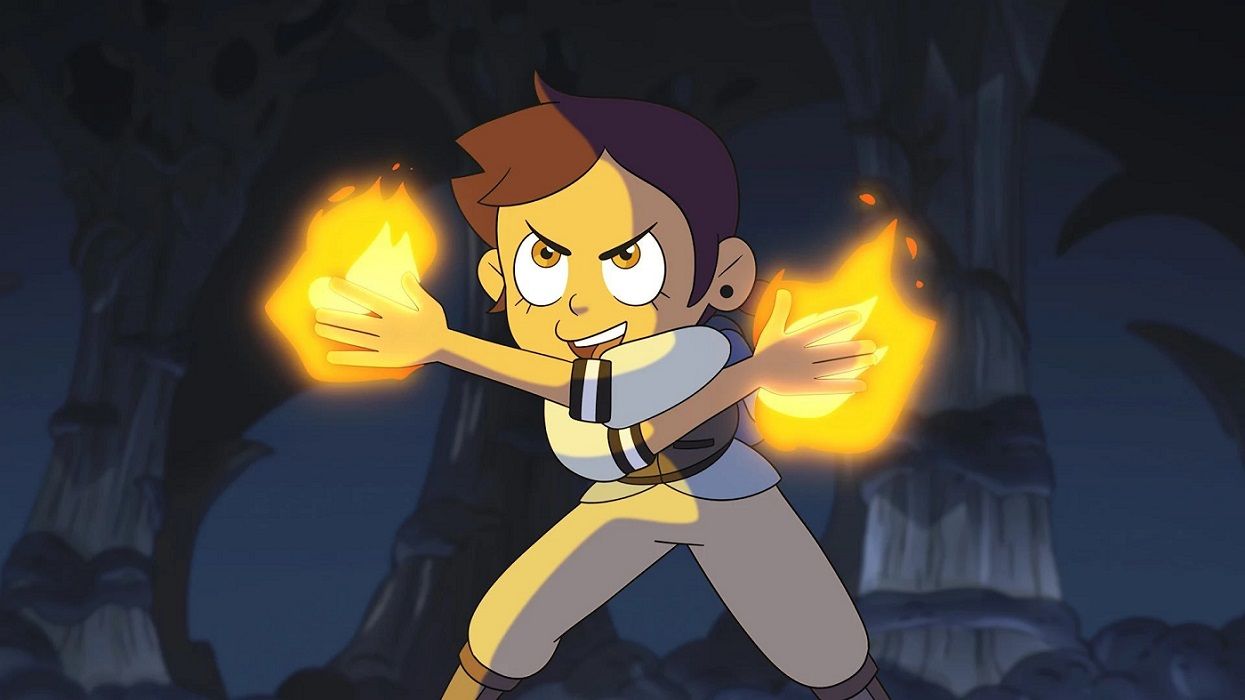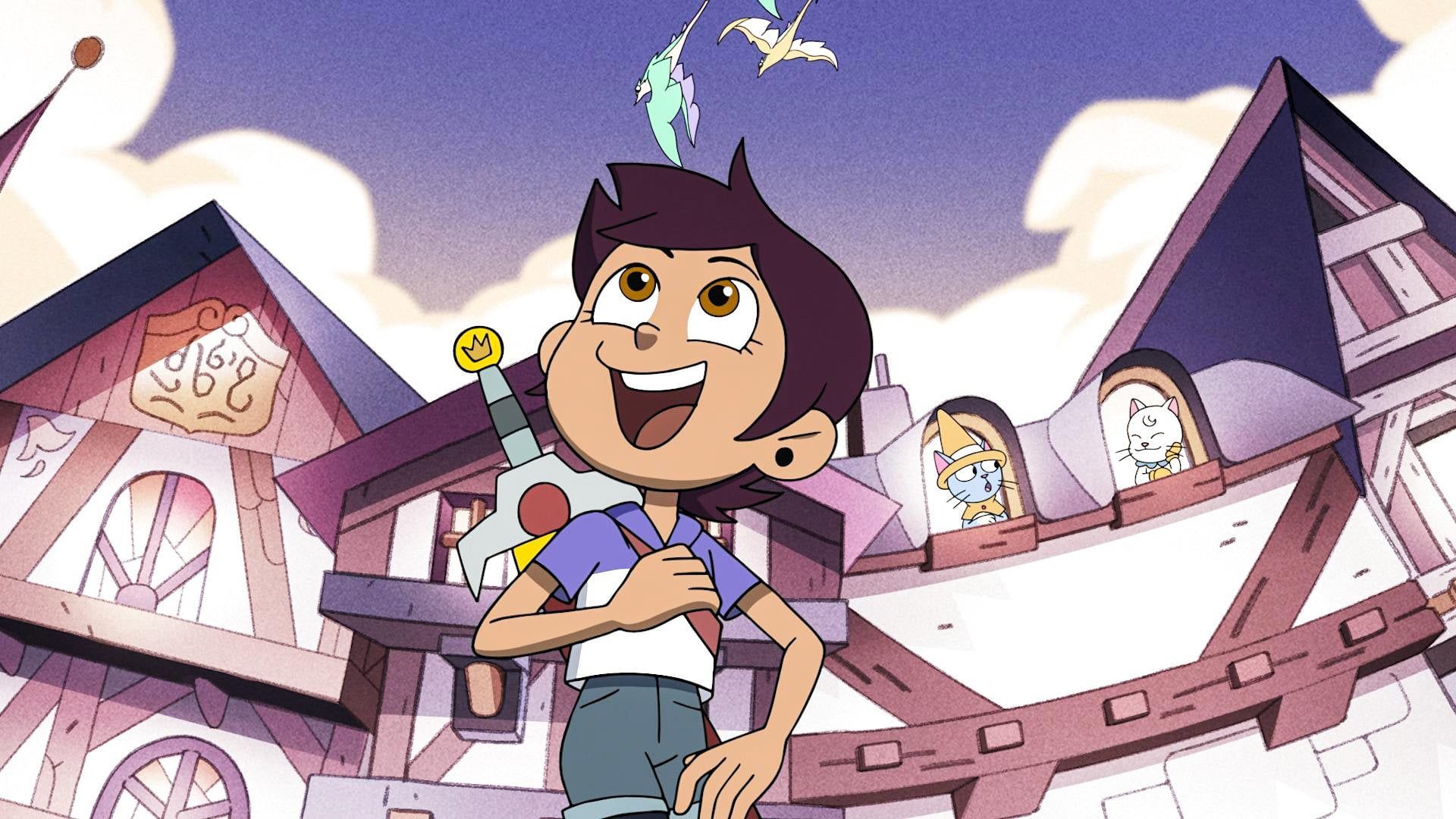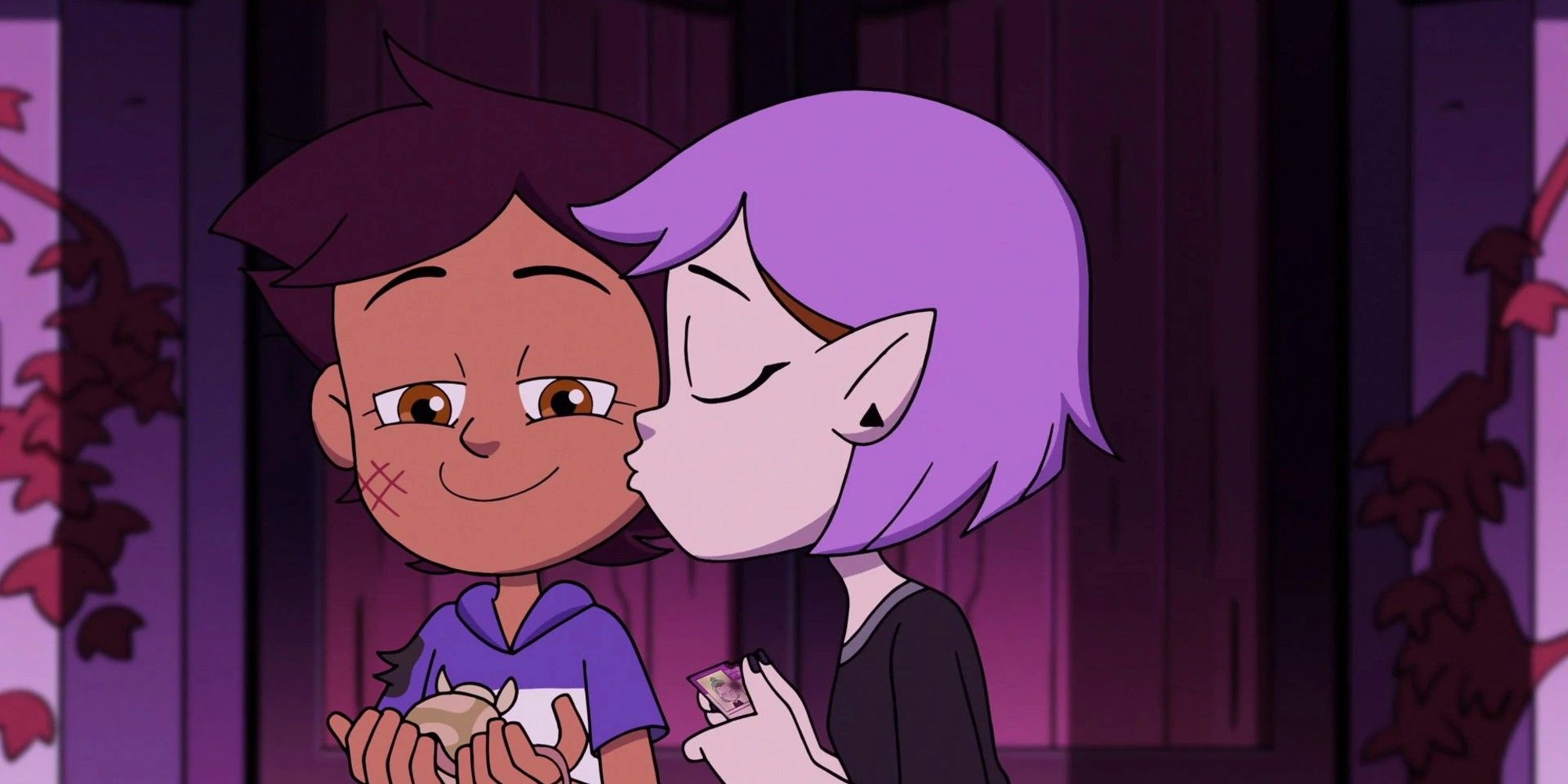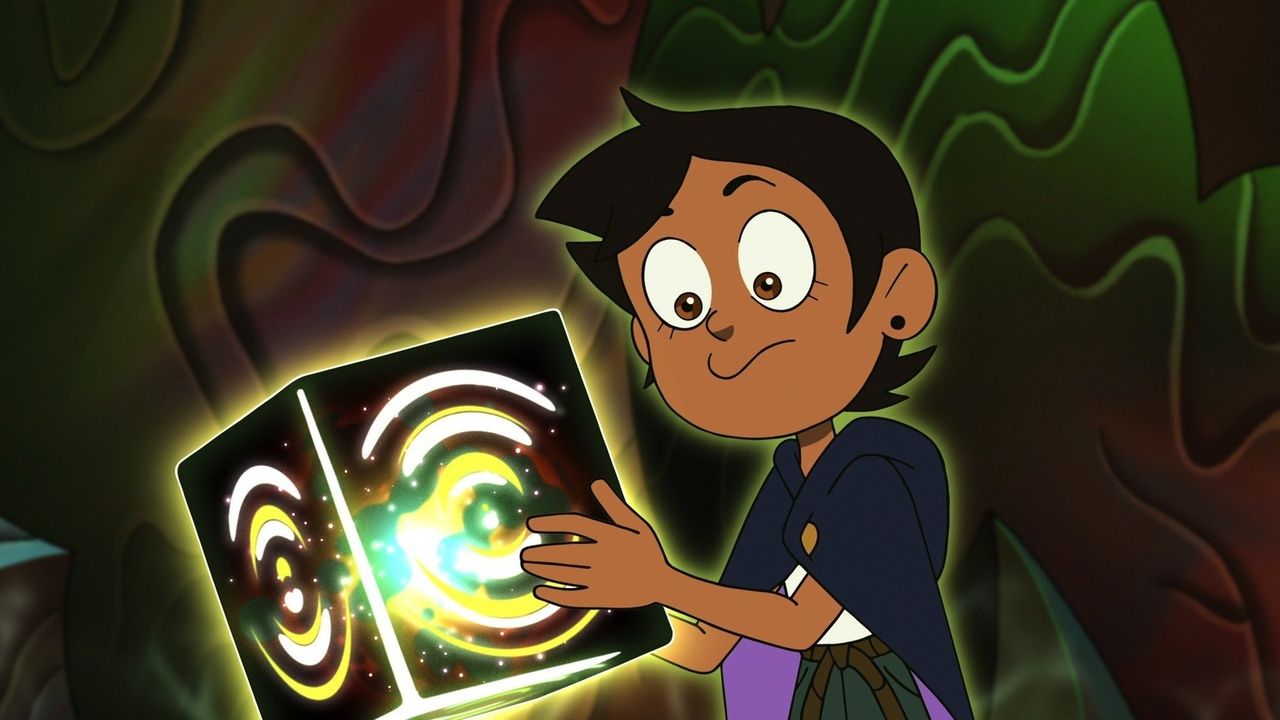One of the most common tropes within the fantasy genre is the average human being transported into a fantasy world, and for good reason. Because the human character is typically going into the story/world with as much knowledge as the reader has, having an average person allows for the writer to have an easy in-story vehicle to exposit world building information. This trope also serves as a reader's self-insert, as many of these protagonists end up being a specially chosen hero, possessing the strength or skill necessary to save the fantasy world from the evil that threatens to overcome it. Through the human character, the reader is able to live out their fantastical dreams of being the hero prophesied to do great things, and follow the romantic idea that they’re destined for something greater and more magical than the life they currently live.
However, with times changing and the fantasy genre becoming more oversaturated and mainstream, the clueless hero has become less and less necessary. Audiences are incredibly familiar with the tropes associated with the fantasy genre, and have grown weary of their predictable and overplayed nature at this point.
Enter Disney’s The Owl House. Originally created by Dana Terrace, The Owl House follows Luz Noceda (Sarah-Nicole Robles), a human girl who accidentally stumbles through a magical door into The Boiling Isles, a land filled with magic and mystery. Luz is not your average fantasy protagonist, however, instead she has spent her time indulging in fantasy YA novels, anime, and general fandom. Much like general audiences these days, Luz knows how the hero’s journey works and what can be expected from a story like hers, so when she decides to make a life for herself in The Boiling Isles, she knows she is in for a life of adventure and magic. She is the only human there, so clearly she must have some special destiny that called her to this place, right?
Luz’s preconceived notions mirror how modern audiences approach fantasy stories like this nowadays. Like the audience, Luz is absolutely convinced she is destined for greatness because that’s how it always works, which then leads her to being conned by a Demon Puppeteer disguised as an old wizard who sends her on a quest. She realizes afterwards that maybe life in The Boiling Isles isn’t as magical as she first thought, leaving her feeling rather lost as a result. It’s up to Eda Clawthorne (Wendie Malick), her wise (if not very rebellious) mentor figure, to remind her that if she waits for someone to come along and decree that she is special then she’d be waiting forever, and instead she should decide her destiny for herself.
It is from here that Luz, as well as The Owl House as a whole, really begin to revel in their magic. The value that Luz brings to the story for audiences is born through the connections she forms with those she meets in The Boiling Isles. The draw of fantasy stories is the simplicity of everyday life in another world. Many audiences feel they no longer have to see a grand story unfold and would rather be able to explore the world and see what living daily life there would feel like. In The Boiling Isles, Luz is able to grow into a different type of hero through deep connections with her friends and found family, helping them grow as characters and find happiness in the process.
Though Luz ends up befriending numerous characters in the show’s two season run, her most significant relationships are with her mentor figure Eda, and her girlfriend Amity Blight (Mae Whitman). At the start of the show, Eda is rebellious and headstrong, and while that never truly goes away, she does display much more evasive actions and tendencies in the earlier episodes. Eda avoids most of the aspects in her life because of how her Owl Beast Curse affects them, never letting anyone get too close to her and ending relationships out of fear that her transformation into The Owl Beast will hurt someone in the end. She is distant from most of her family, avoids her father specifically, and pushes away her closest friend and partner, Raine Whispers, causing their eventual break-up. Once we meet Eda at the beginning of Season 1, we quickly learn that Eda hasn’t even told her current roommates/friends about The Owl Beast, judging from their surprise at her transformation in Episode 4.
Meanwhile, at the beginning of the series, Amity Blight is the typical mean girl archetype, bullying students she perceives as being below her and giving little kindness or respect to Luz. We quickly learn that Amity is actually under tremendous pressure from her parents to perform to their expectations, and to only associate with those they feel are worthy of being near the Blight family name. Her lashing out is a result of the stress she feels and the lack of fulfillment in her life. Once Luz comes along and challenges all of her preconceived notions of what it means to be a witch, Amity is left questioning what she wants out of life and the types of people she wants in her company. Luz and Amity bond over their shared passions and realize how much they actually have in common, and Luz’s influence in her life makes her realize and unlearn all the toxic traits imbued into her by her upbringing.
Luz is able to help both Eda and Amity grow past their fears and inhibitions, and experience the fulfillment in their lives that they hadn’t previously. Once Luz worms her way into the Owl House, and by proxy Eda’s life, Eda begins to form a found family and becomes a mother figure for everyone living with her, with even King (Alex Hirsch) legally changing his name to King Clawthorne and calling Luz his big sister. Eda finds something she wants to protect again, and learns how to let people back into her life. She learns to care so much for those around her that she is weighed down by how little she can do to help them by the end of Season 2. Luz has made such an impact on her life. As she explains to Luz, because of her she is speaking to her sister again, Luz saved her from turning into stone, and she also went out of her way to help Eda even when she barely knew her. In her words, “Unfortunately for you, my life is pretty great because I’m friends with Luz the human.”.Luz continues to save Eda time and time again, becoming a different sort of hero for her.
As for Amity, she ends up entering a loving and supportive relationship with Luz and abandoning the pressures her family put on her. She changes her hair color to signify her desire to separate from them, and leaves her old friends who she didn’t care for in favor of rekindling a friendship with Luz’s friends. Amity is finally able to understand what unconditional love feels like. Luz frees her from the constraints and pressure she lived under, and opens her eyes to what life could look like if she decides to live on her own terms.
Luz doesn’t only help those around her grow during the show’s runtime, she also goes through her own character arc of realizing the disillusionment with the world she is inhabiting, giving the show a darker yet more emotionally resonant tone. The show begins with Luz as the happy-go-lucky nerd who wants to be the next Great Witch Azura (the protagonist of her favorite YA fantasy book series) and be a destined/chosen one. While she realizes that probably isn’t going to happen, she still expresses a lot of her optimism and passion throughout Season 1, especially in regard to the concepts of magic and learning how to wield it. In Episode 2, when she realizes that maybe The Boiling Isles isn’t what she expected it would be, that it is much darker than the picturesque fantasy realm she imagined, this realization is mirrored in her own character arc.
As the show progresses, Luz becomes more disillusioned and terrified by The Boiling Isles and the atrocities she witnesses, shining a light on how hard it is to actually be the hero that saves the world. Luz is forced to watch innocent people enter peril over and over again. She learns that she unknowingly helped her greatest enemy work toward his plan to eradicate all the witches in The Boiling Isles, and then has to live with the fear that she doesn’t have the ability or a plan to put a stop to it and prevent more people from getting hurt. She has the pressure of both knowing as much as the typical fantasy hero does, while not having the ability to do anything about it alone.
By the end of Season 2, she has been through so much trauma that any semblance of her happy-go-lucky optimism is a facade, but she still keeps trying to do everything she can anyway. Her arc recognizes the true terror and struggle it can be to be the chosen hero, the hurt and trauma that it can entail, and by seeing her transform from a recognizable protagonist into a fleshed out and weary character makes her more emotionally resonant to audiences. She acknowledges the pain of the position she occupies, while still trying her best and inspiring others to do what they can to help. It’s only when she is no longer alone and has the support of everyone she helped that things start to get easier for her.
Luz is truly the epitome of the modern fantasy protagonist. She carries the knowledge required for audiences to find her real and relatable, while still growing and changing to become a subverted version of the chosen one archetype. Throughout the show’s runtime, she becomes a hero to those around her, making real connections and encouraging others to grow. Through Luz, The Owl House manages to simultaneously acknowledge how unrealistic and difficult the role of the destined hero is, while also expanding it to where sometimes the most rewarding type of hero a character or person can be is one who is able to positively impact the lives of those they care most about.





